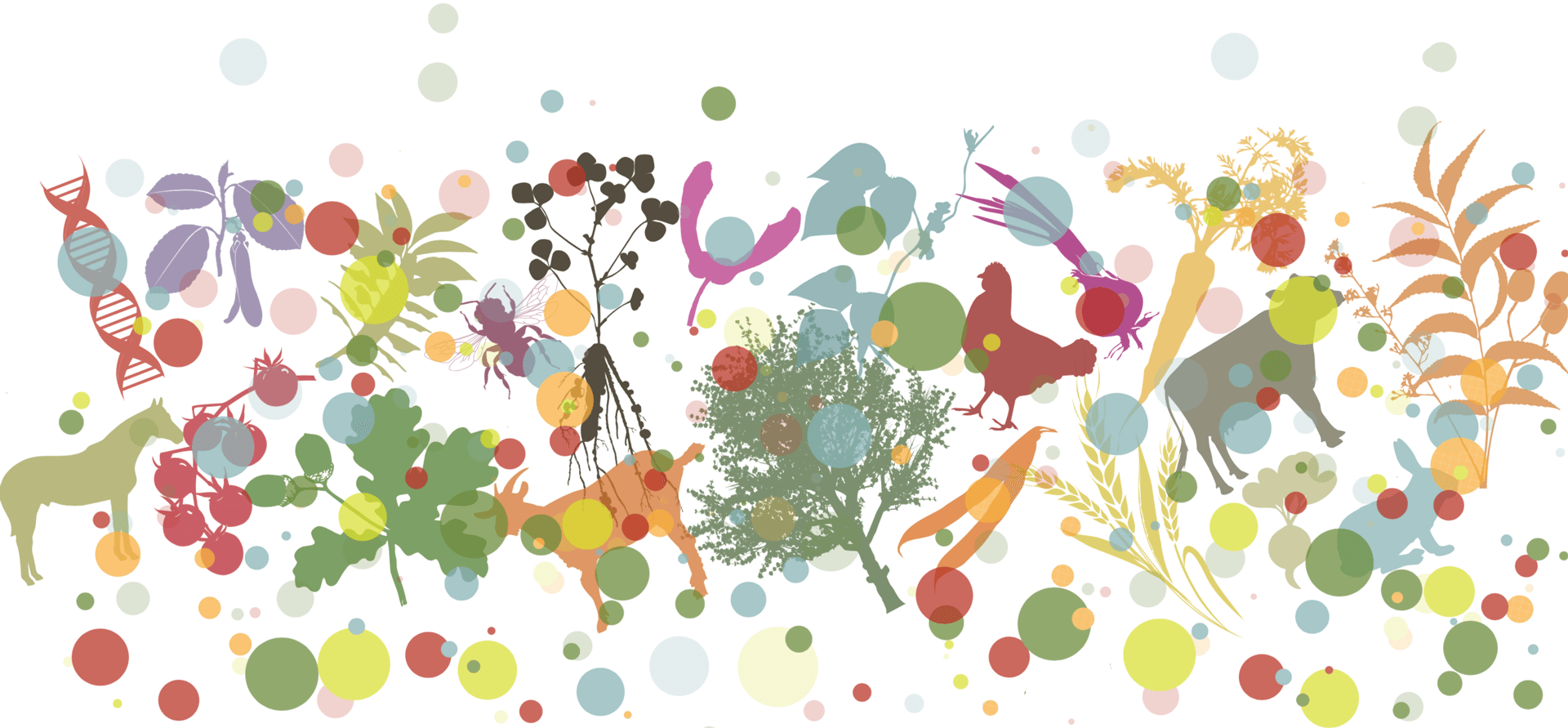New short communication on animal genetic resources
Posted on 2022-06-27The Creole sheep (Ovis aries) is a breed that has been reared for centuries in southern Brazil, although it was officially recognized by the Brazilian authorities only in 2001. There are no updated local records on its current abundance, which is essential to establish conservation policies for the breed if required. Based on a survey conducted among farmers and considering all genealogical control records for Creole sheep provided by the Brazilian Sheep Breed Association (ARCO), we herein address the status of the breed in terms of the number and size of flocks, updating its geographical distribution. There are approximately 112 Creole flocks, 8,844 reproductive ewes (flock size from 3 to 850 individuals; geometric average 54.77 individuals per flock). The flocks are primarily distributed in the southernmost states of Rio Grande do and Santa Catarina, with sporadic occurrence in northern and central states (Rio de Janeiro, and ). The majority of the flocks (n = 105 flocks, with 8,298 ewes) are privately held, being reared primarily for meat and carpet wool production, similarly to other commercial breeds. A few flocks (5.61%) have remained with the same families, whose ascendants started rearing Creole sheep as an undefined breed over a century ago. However, over 65% of the current breeders have started rearing these sheep in the last two decades, following the official recognition of the breed and the foundation of the Brazilian Creole Sheep Breeder Association, which is in charge of breed promotion. Moreover, 73 flocks with genealogical control by ARCO have been established since the official recognition of the breed (total average = 427.80 specimens recorded per year). Recently, however, this number has decreased, with only 19 Creole breeders registering sheep in the last five years. Notwithstanding, the number of registered males remained stable (average of 78.2 rams/year, during 2016–2020). Taken together, the total number of the existing Creole ewes and males is well above the threshold adopted by the Food and Agriculture Organization of the UN (FAO) to qualify a given sheep breed as at risk (< 80% pure-breeding ewes).
Read the article at:
https://doi.org/10.46265/genresj.HFHG6814


 This journal has been conceived as part of the
This journal has been conceived as part of the